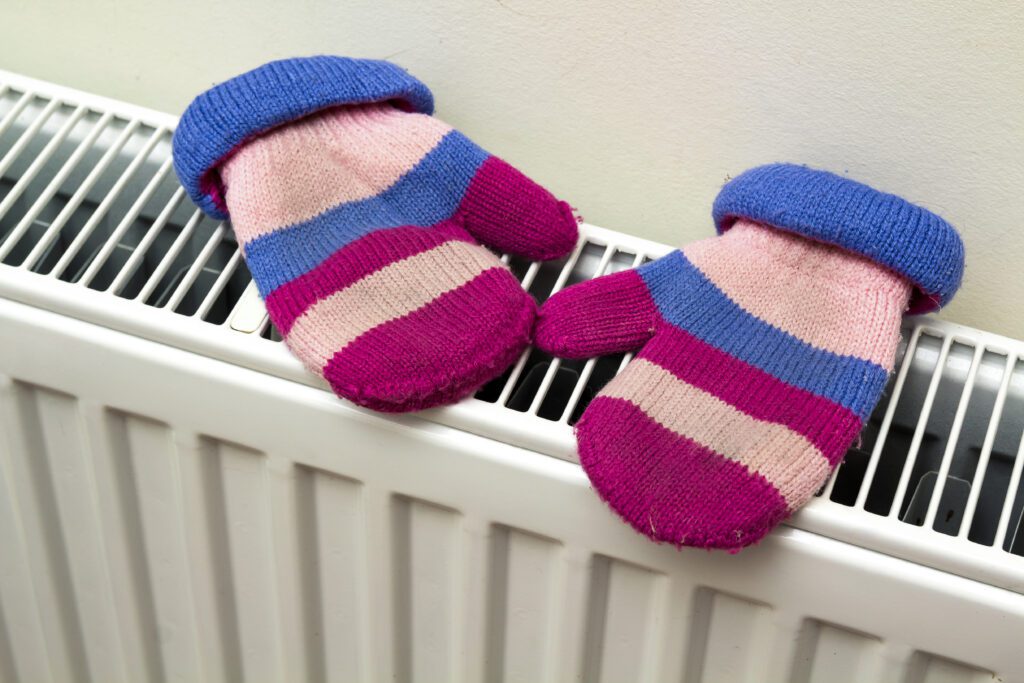As the winter season approaches, ensuring that your heating system is functioning efficiently becomes crucial. A reliable heating system keeps your home warm and cozy while also maintaining energy efficiency. This guide will help you understand your heating system, the importance of maintenance, and how to troubleshoot common issues.
Understanding Your Heating System
Before diving into maintenance and troubleshooting, it’s essential to understand how your heating system operates. Familiarizing yourself with its components and functions can help you identify potential problems early on.
The Basics of a Heating System
A heating system usually consists of several key components: a heat source, distribution system, and a thermostat. The heat source can be a furnace, heat pump, or boiler that generates heat, while the distribution system—like ductwork or pipes—delivers warm air or water throughout your home. Finally, the thermostat acts as the control unit, allowing homeowners to regulate the temperature. Understanding these components is crucial, as it allows you to monitor their performance and recognize when something is amiss, ensuring your home remains comfortable during the colder months.
Types of Heating Systems
There are various types of heating systems to consider:
- Furnaces: Common in many households, they can use electricity, natural gas, or oil to generate heat.
- Heat Pumps: These systems are efficient and can both heat and cool your home by transferring heat from one place to another.
- Boilers: Utilizing hot water or steam to heat your home through radiators or baseboard heaters.
- Electric heating: This includes systems like electric space heaters and radiant floor heating, primarily using electricity as a heat source.
Understanding these options can help you choose the right system for your home and heating needs. Each type of heating system has its own advantages and disadvantages, which can significantly impact your energy bills and overall comfort. For instance, while furnaces are known for their quick heating capabilities, heat pumps offer the benefit of dual functionality, providing both heating and cooling. Additionally, boilers can deliver a more consistent heat, especially in older homes with existing radiator systems. By weighing these factors, you can make an informed decision that aligns with your lifestyle and budget.
Moreover, the efficiency of your heating system plays a pivotal role in your home’s energy consumption. Systems are often rated by their Annual Fuel Utilization Efficiency (AFUE) for furnaces and boilers, or their Heating Seasonal Performance Factor (HSPF) for heat pumps. Higher ratings indicate better efficiency, which can lead to significant savings over time. It’s also worth noting that advancements in technology have led to the development of smart thermostats, which can optimize heating schedules based on your habits, further enhancing energy efficiency and comfort. By staying informed about your heating system and its capabilities, you can ensure a warm and inviting home throughout the winter months.
Regular Maintenance for Optimal Performance
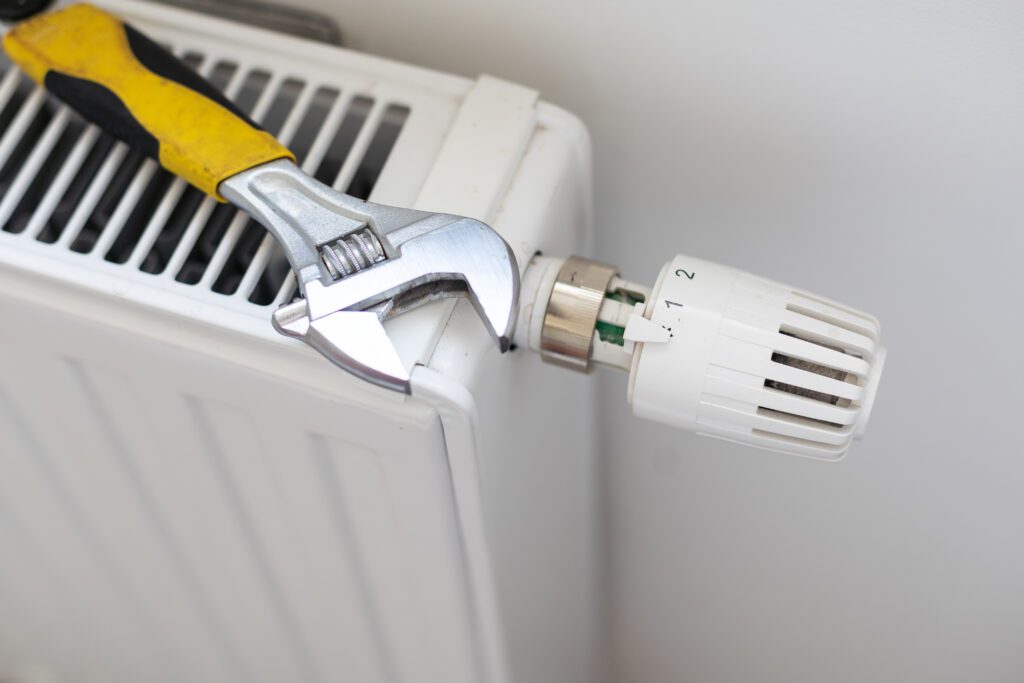
Regular maintenance is vital to keeping your heating system operating efficiently and prolonging its lifespan. It’s not just about fixing issues but also about preventing them through consistent check-ups and care. By investing time and effort into routine maintenance, you can ensure that your heating system remains reliable and effective, providing warmth and comfort during the cold months.
Importance of Regular Check-ups
Scheduling annual maintenance checks is essential for several reasons:
- Improved Efficiency: Regular servicing can enhance your system’s efficiency, leading to lower energy bills.
- Extended Lifespan: A well-maintained heating system lasts longer, giving you more return on your investment.
- Enhanced Safety: Regular inspections can detect potential safety hazards, reducing the risk of carbon monoxide leaks or fires.
Neglecting maintenance can lead to unexpected breakdowns during the winter, leaving you in the cold when you need warmth the most. Additionally, a heating system that is not properly maintained can work harder than necessary, which not only increases your energy costs but can also lead to premature wear and tear on critical components.
Moreover, regular maintenance can help identify minor issues before they escalate into major problems. For instance, a small leak in your heating system can be easily fixed during a routine check-up, but if left unattended, it could lead to significant damage and costly repairs. By prioritizing regular check-ups, you can save yourself from the stress and financial burden of unexpected heating emergencies.
DIY Maintenance Tips
While professional servicing is crucial, there are several simple maintenance tasks you can handle yourself to keep your heating system in top shape:
- Change Filters Regularly: Clogged filters can restrict airflow and decrease efficiency. Aim to change or clean your air filters every 1-3 months.
- Check Thermostat Settings: Ensure your thermostat is set to the right temperature and functioning correctly.
- Inspect Vents and Radiators: Clear any obstructions around vents and ensure radiators are bled to ensure optimal heat distribution.
These simple actions will help maintain your heating system’s performance throughout the winter. Additionally, consider inspecting your ductwork for any signs of leaks or blockages, as this can significantly impact the overall efficiency of your heating system. Sealing any gaps or holes in your ducts can improve airflow and ensure that every room in your home receives the warmth it needs.
Another important aspect of DIY maintenance is keeping the area around your heating system clean and free of debris. Dust and dirt can accumulate and affect the performance of your unit, so take the time to vacuum or wipe down surfaces regularly. This not only helps your system run more efficiently but also contributes to better indoor air quality, making your home a healthier environment for you and your family.
Professional Heating System Services
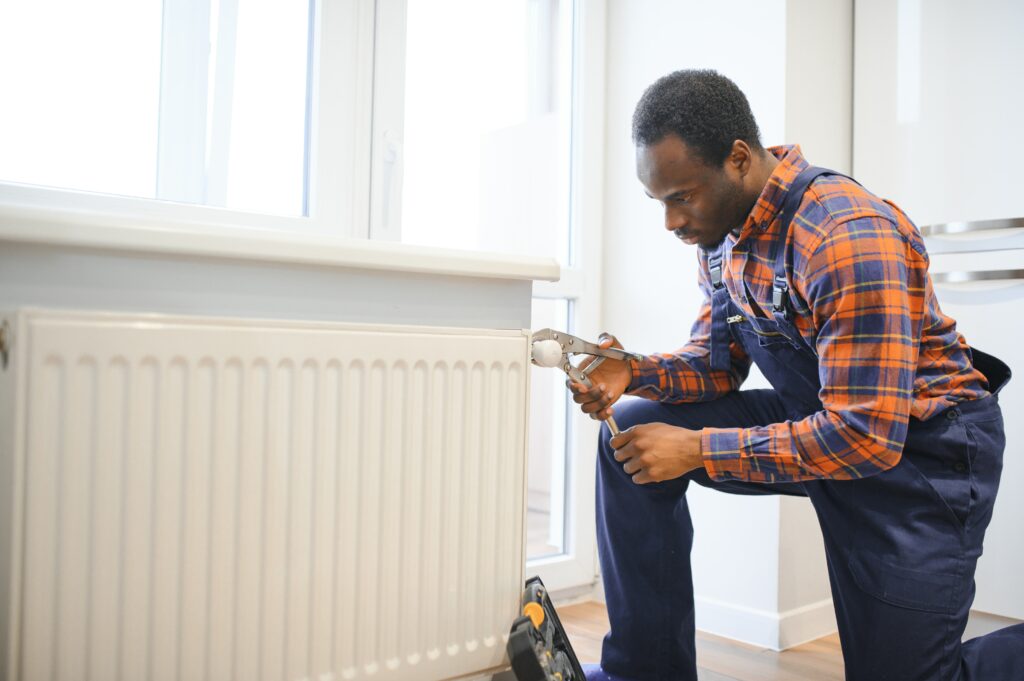
Sometimes, DIY maintenance isn’t enough, and a professional service is necessary. Knowing when to seek help can save you time and ensure your safety. Regular maintenance is crucial not only for the longevity of your heating system but also for its efficiency, which can significantly impact your energy bills. A well-maintained system operates more effectively, providing consistent warmth throughout your home while minimizing energy waste.
When to Call a Professional
Be aware of the signs that indicate you need a technician’s help:
- Inconsistent Heating: If some rooms are warmer than others or the temperature fluctuates greatly, it’s time to investigate. This could be due to issues with ductwork or a malfunctioning thermostat, both of which require professional attention.
- Unusual Noises: Grinding, squeaking, or banging noises can indicate serious mechanical issues. These sounds often point to loose components or a failing motor, which can lead to more significant problems if not addressed promptly.
- Strange Smells: Any burning odors or unusual smells can signal a problem with the system. For instance, a musty smell may indicate mold growth within the ducts, while a burning smell could suggest overheating components.
If you notice any of these issues, don’t hesitate to contact a professional for a thorough inspection and repair. Timely intervention can prevent costly repairs down the line and ensure your heating system operates safely and efficiently.
Choosing the Right Heating Service Provider
Finding a knowledgeable and reliable heating service provider can make all the difference. Here are some tips for selecting the right one:
- Check Credentials: Ensure the technician is licensed, insured, and certified for the heating services they offer. This not only protects you but also gives you peace of mind knowing that your system is in capable hands.
- Read Reviews: Look for customer feedback and ratings on platforms like Google reviews or Yelp to gauge reputation. A company with a solid track record of satisfied customers is likely to provide quality service.
- Ask for Estimates: Reputable companies will provide free estimates and discuss pricing transparently. This allows you to compare services and ensure you are getting the best value for your investment.
Investing time in finding a quality service provider can help you maintain an efficient heating system for years. Additionally, consider asking about their maintenance plans, which can include regular check-ups and priority service. Such plans not only enhance the lifespan of your heating system but also give you peace of mind knowing that you have a professional on call when emergencies arise.
Energy Efficiency and Your Heating System
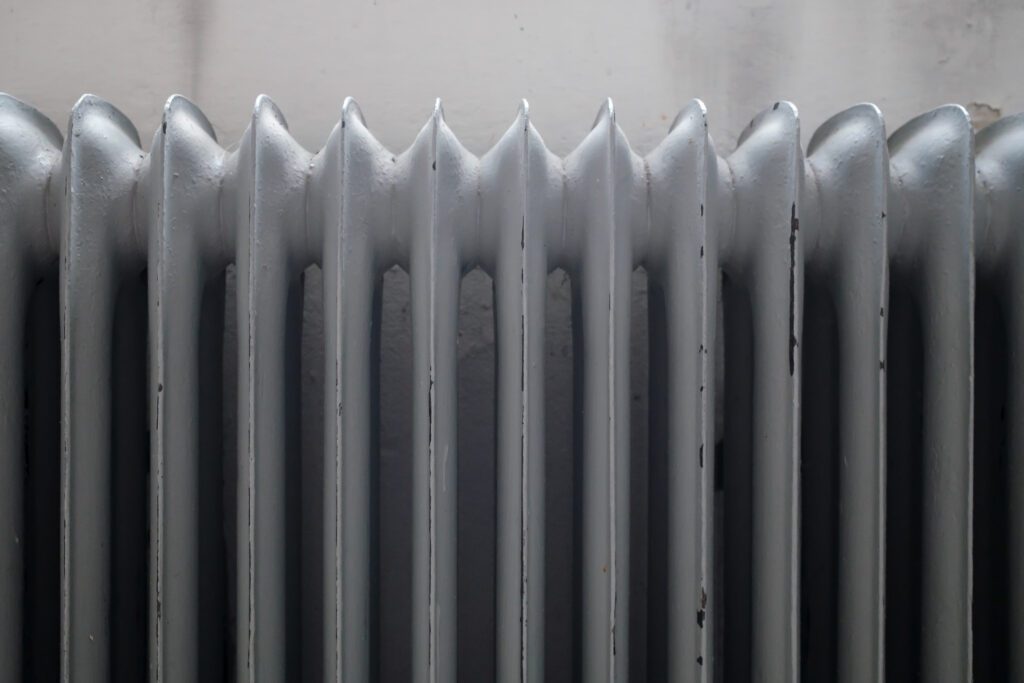
In today’s eco-conscious world, energy efficiency plays a vital role in heating considerations. It not only benefits the environment but also impacts your wallet.
Benefits of an Energy Efficient Heating System
Choosing an energy-efficient heating system comes with numerous advantages:
- Cost Savings: Energy-efficient systems can significantly reduce your heating bills, especially during the cold months.
- Reduced Environmental Impact: Energy-efficient systems consume less energy, lowering your carbon footprint.
- Increased Comfort: These systems typically provide more consistent heating throughout your home.
Investing in efficiency is not just a trend but a meaningful way to enhance home comfort and sustainability. Additionally, many energy-efficient systems come equipped with advanced technology, such as smart thermostats, which allow you to control your heating remotely. This feature not only adds convenience but also enables you to optimize your heating schedule, ensuring that energy is used only when needed, further driving down costs.
Upgrading to an Energy Efficient Model
If your heating system is older and less efficient, consider upgrading. Here are a few tips for making the transition:
- Research Models: Compare energy efficiency ratings (like the Energy Star label) on various models.
- Consider Size: Ensure the new system is appropriately sized for your home to avoid inefficiency.
- Consult Professionals: Seek advice from HVAC professionals on the best energy-efficient options for your needs.
Upgrading not only improves efficiency but can provide peace of mind knowing your system is stable and reliable. Furthermore, many utility companies offer rebates or incentives for homeowners who choose energy-efficient systems, making the initial investment more manageable. It’s worth checking with your local utility provider to see what programs are available, as they can significantly offset the costs associated with purchasing and installing a new heating system.
Troubleshooting Common Heating Problems
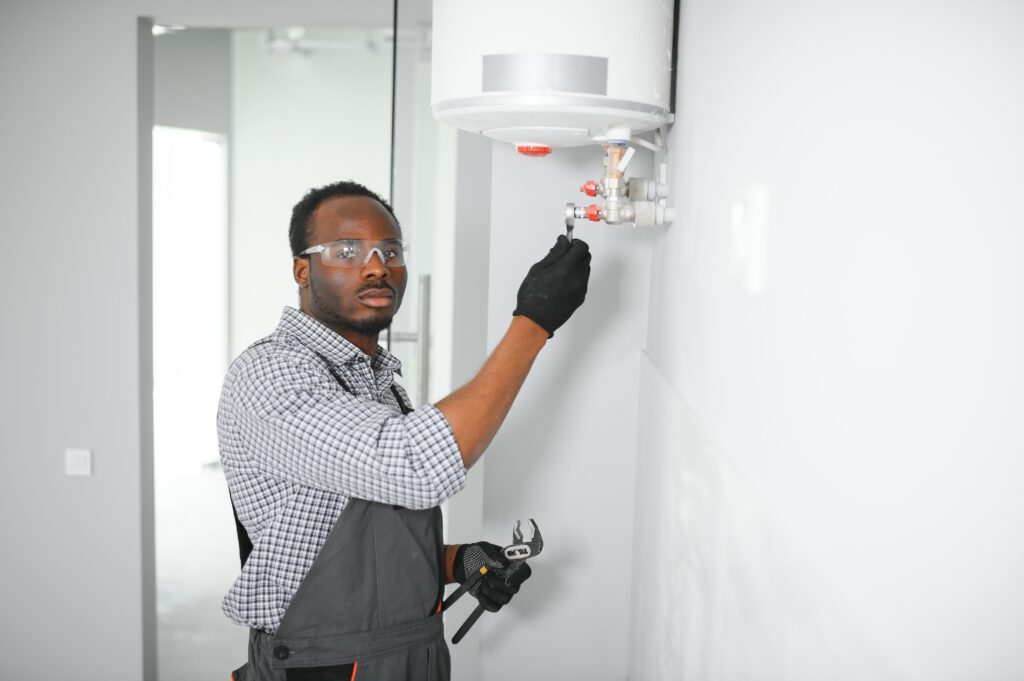
Even with a well-maintained heating system, problems can still arise. Understanding how to troubleshoot these can save time and restore comfort quickly.
Identifying Common Issues
Common heating problems include:
- No Heat: This could be due to a malfunctioning thermostat, a tripped circuit breaker, or an empty fuel tank.
- Strange Noises: As previously noted, listen for unfamiliar sounds that could indicate mechanical failure.
- Inadequate Heat Distribution: This may stem from clogged ducts, closed vents, or insulation issues.
Identifying problems early allows for quicker and easier resolution, enhancing your system’s longevity. Additionally, it’s important to be aware of the age of your heating system, as older units may be more prone to issues. Regular inspections can help catch potential problems before they escalate, ensuring your home remains a cozy retreat during the chilly months.
Quick Fixes for Common Problems
Here are some quick fixes for common heating problems:
- Check the Thermostat: Make sure it’s set to “heat” and adjust the temperature settings if necessary.
- Inspect Circuit Breakers: Reset any tripped breakers and check fuses related to the heating system.
- Clear Debris: Remove any obstructions around vents and registers to improve airflow.
By addressing these issues promptly, you can often restore your heating without the need for professional intervention. Furthermore, consider scheduling a seasonal maintenance check with a qualified technician. This proactive approach can help identify and rectify minor issues before they develop into major repairs, ultimately saving you money and ensuring your heating system operates at peak efficiency.
In addition to these troubleshooting tips, it’s beneficial to familiarize yourself with the specific type of heating system you have, whether it’s a furnace, heat pump, or boiler. Each system has its own set of common issues and maintenance needs. Understanding these nuances can empower you to take the right steps when problems arise, making you a more informed homeowner and enhancing your ability to keep your living space warm and inviting throughout the winter months.

